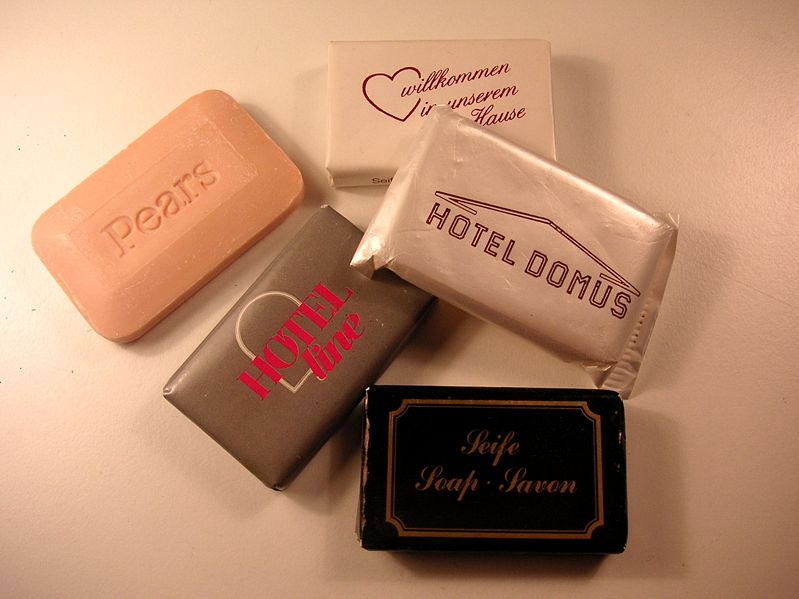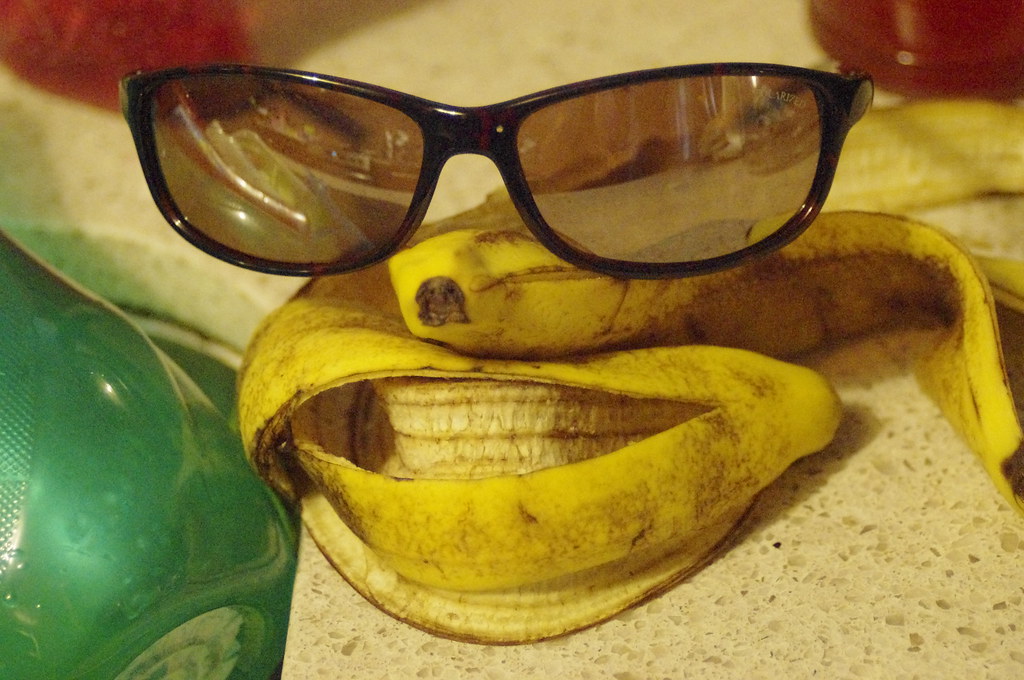The world is full of trash – and opportunity! Epic reuse of waste resources by turning them into useful products makes us part of the solution.
With supply chains in disarray and prices driven up by natural disasters, war, resource depletion, planned obsolescence and the high cost of fuel, there’s no better time to engage in some creative and epic reuse of materials that already had a useful life, but are more than ready for a re-tread afterlife.
Necessity being the mother of invention, Ukrainians have more than a little incentive right now to get clever with whatever they can put together and make functional again.
Luckily, Russian invaders keep dropping secondhand supplies on them that can occasionally be pressed back into service with a little elbow grease and the right size ammo. The 93rd Mechanized Brigade, which has disabled more Russian tanks than can be easily repaired, told the Washington Post that the five Russian tanks they’ve refurbished so far are some of the newest equipment in their arsenal.
What can you do with a British NLAW (a one-shot, shoulder launched anti-tank missile) once it’s all used up? Sweaty Ukrainian fighters found another epic reuse opportunity by turning empty NLAW launchers into field showers. Glory and cleanliness to Ukraine!
The coal industry isn’t an especially intuitive place to look for ecological initiatives, yet from the literal ashes of a dying industry springs some hope for a better future.
Courtesy of a $5 million grant from the U.S. Department of Energy, researchers at Ohio University in Athens have figured out how to separate valuable carbon from coal waste products and use it to make building materials that are anticipated to be cheaper than comparable wood-based products, and with fewer emissions too (if you don’t count the original coal’s environmental cost, one assumes). Using legacy coal waste, a liability plentiful in Appalachia, to create a product in high demand across industries from construction to aerospace, is an absolute best-case scenario for the environment and the region.
Defunct coal-burning power plants may also have a useful second life generating energy from renewables. Right now, there are over 600 decommissioned coal plants in the United States. They’re already connected to the power grid (and, frankly, already ugly), making them the easy option when locating a new power project. So far, Illinois is leading the way with epic reuse of dead coal plants, giving nine of them a clean(er) afterlife as solar farms and battery banks, while northeastern coastal states have turned their coal-burning properties into wind farms to harvest that cool ocean breeze.
Even before the current shortages, upcycling edible by-products and waste from the food industry was in focus as a socially and ecologically sound growth opportunity. Take banana peels, for example. Previously, their highest use seemed to be in the compost pile, providing gardens across the globe with a useful burst of potassium and magnesium pulled from hot, tropical soils. Who knew that they would also be tasty in a sandwich? That’s the idea at the heart of ventures like Banana Business, a Dutch firm turning out “pulled peels,” a meat alternative marinated in proprietary spices and turned into fillings for wraps and salads.
People have spent the entire industrial era burning through virgin resources and turning them into pools of pollution. If you want to be a real hero, invert the paradigm and invent your way into epic reuse of waste to make the products that people need. Trash is the perfect input: it’s plentiful, cheap, and if you ask for it, people might give it to you. Better yet, they might pay you real money to take it away!
In Kenya, Mahamud Omari took newspapers out of the waste stream and started turning them into pencils, giving some of them to children whose families can’t afford school supplies. His pencil factory also pays workers three times the local minimum wage. The paper will still make it to the landfill as pencil shavings eventually, but along the way, it may well help a kid learn to read and write, while helping another family afford food and shelter.

Shawn Seipler’s inspiration struck him in a hotel in Minneapolis. The hospitality industry throws away millions of barely-used, tiny soap bars every year. Meanwhile, about 9,000 children around the world were dying every day from illnesses related to poor hygiene. Seipler’s epic reuse of hotel soaps, melted down and remade into new bars which are donated to clinics and schools wherever they’re needed most (even in the United States), has saved lives.
When Sydney Steenland and her family started living on a boat, they noticed that everywhere they went, they ran into plastic. Plastic in the water, plastic on the beaches, plastic disintegrating all around them. Feeling the need to do something about it, the Steenlands launched the Sea Monkey Project. They distribute small, open source machines that shred plastic waste, melt it down, and extrude it into new and useful products. It’s an epic reuse of plastic trash that they hope will contribute to cleaning up the world’s mess.
The Atacama desert in Chile is where fast fashion goes to die, in great piles of discarded clothes slowly disintegrating under the hot sun. Chile is also home to Rosario Hevia, who noticed how much clothing was wasted and looked for an epic reuse of waste fiber that would create a circular economy. In 2019, when an old yarn factory went up for sale, she jumped at the opportunity to turn old clothes, too damaged to donate, into yarn to make new clothes. Today, Ecocitex yarn is sold internationally so knitters and weavers can complete the circle.
Finally, this piece would simply not be complete without introducing George Klassen. Klassen, a longtime piano technician, found himself in need of a pandemic hobby. After learning about canoes made from strips of cedar, he thought about all the old pianos that people send to landfills as they downsize or want to clear up some space. He rescued three such pianos, and over fifteen months, cut them into strips and made a canoe out of the wood, learning the craft through YouTube tutorials. If that’s not an epic reuse of defunct soundboards, ivory keys and beautiful old wood, I don’t know what is.
The world is full of trash. Most of us contribute to the problem every day, by default. The trick is to be like nature, where there is no waste, only resources for the next life process. In a perfect world, humans would be part of that cycle. Let’s make it a more perfect world.
Related: Extreme Recycling: Kicking It Up a Notch


Join the conversation!